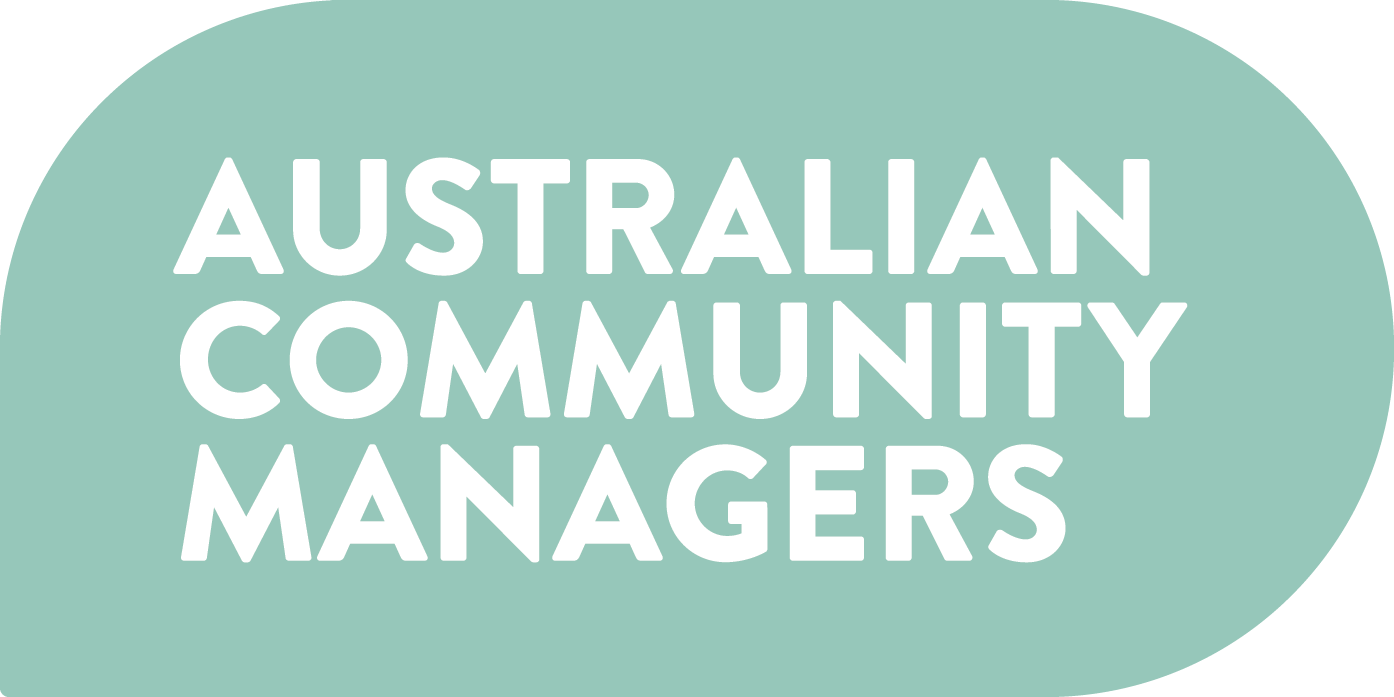Meet the speakers: Brent Patching
Meet Brent Patching, Online Community Programs manager for the Prostate Cancer Foundation of Australia.
Brent helms one of Australia’s most successful health online communities. In addition to his work leading the psychosocial peer-to-peer support forum for people affected by prostate cancer, he is the Co-Secretariat of the Support Communities Interagency, a group for online community managers from not-for-profit organisations who provide online psychosocial support communities. Brent has seen first-hand the difference an online community can make in people’s lives when they’re at their most vulnerable.
The following interview was originally published on August 13th, 2019, via swarmconference.com.au.
Why do you think community is valuable as a therapeutic model?
We understand that a cancer diagnosis causes distress, that it changes ‘normal’ in your daily routine, and that the support from your friends and family won’t necessarily address this change in ‘normal’. Connecting with people who have been through a similar experience can help with understanding your new normal, and may relieve distress or help point you in the direction of a health professional who can assist you.
On top of that, there’s a wealth of information that a medical professional can’t really speak to: what it’s like to change a catheter in the middle of the night, whether the cost of a procedure is reasonable, or what local support services are handy.
In essence, it’s classic crowdsourcing of knowledge coupled with making sure people feel heard, acknowledged, and they’re not alone with their experience.
Read more: Dr. Laurence Lock Lee on online workplace communities
What’s the most surprising thing you’ve experienced working on the PCFA community?
Before working here I hadn’t thought of forum posts as being an ongoing resource of knowledge that others can access. I think it’s wonderful how the discussion process allows people to co-create a wealth of knowledge around a specific experience. There are some threads on niche topics where people visit each week, because of how well the information was summed up.
What’s your favourite community right now and why?
Completely non-health-related: r/bonehurtingjuice. Essentially it’s a child-like interpretation of classic meme templates to create a usually wholesome output. Hard to put into words (people will just have to check it out), but I love that instead of using a meme format to be condescending, negative, bitter, divisive, or aggressive, they have a wonderful creative innocent quality to them. Whenever I’m losing faith in humanity, I check it out.
What do you consider the most exciting thing about the community management space today?
I think more organisations and businesses are realising how incredible online community can be for connecting with the right people, breaking down communication barriers. I’m excited for some better tools and research to come along so that we’re better able to understand some of the behaviours in community, so we can move away from a one-size-fits-all approach to strategy.
The biggest challenge?
Erosion of trust. Our spaces only work if people have mutual respect and trust in us. The data and information mismanagement from organisations and government happen the harder it is for us to manage our communities. Just the other day I invited some members of the community to an information event in September, based on their communication preferences from previous events. One of the guys called me wanting to find out how I’d gotten his email address, he’d forgotten he’d subscribed but had just received treatment and thought the treatment centre had sold his data.
What are you reading/watching/listening to right now that all community professionals should read/watch/listen to?
7am, a daily podcast from Shwartz media. 15 minutes on a specific big-picture political issue in Australia, a great way to stay up to date with what impacts our lives and the lives of our community members;
Boys will be Boys, by Clementine Ford. An insightful look into masculinity and I think it flows well into toxic behaviour that community managers would see regularly;
HBR’s On Mental Toughness. Great book on how to push yourself and take advantage of stress, but importantly to relax and switch off and recover.
Read more: The best podcasts for community managers
Why should community peeps come to Swarm?
It’ll be the only time of year you can have a conversation with a stranger without first explaining what an online community is. Can’t miss it!

